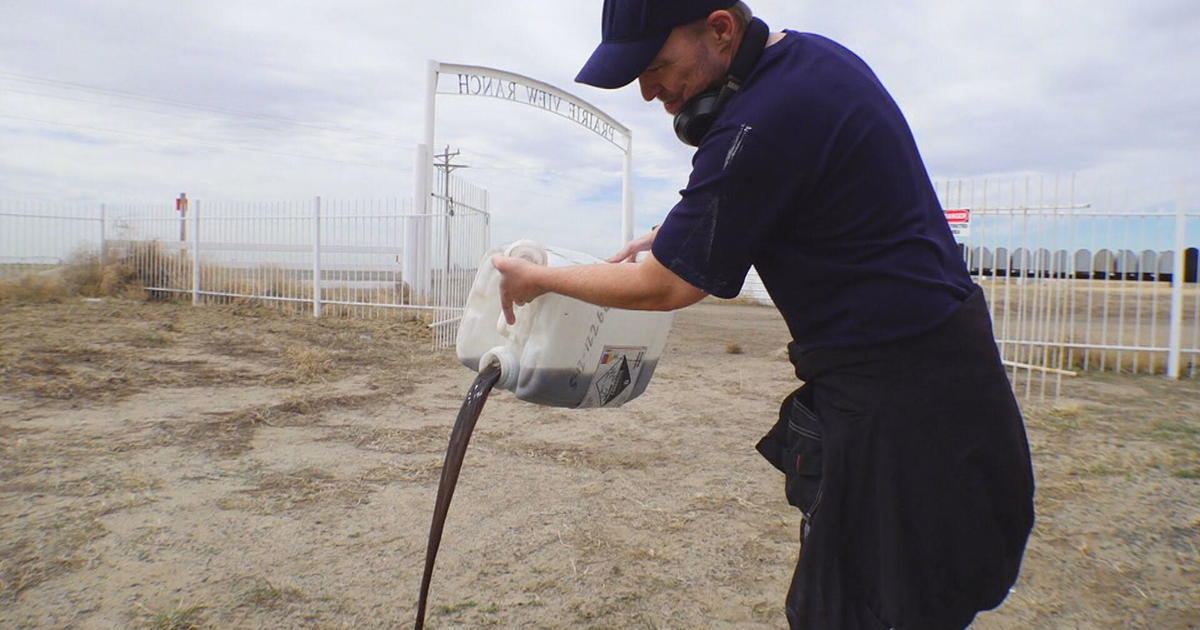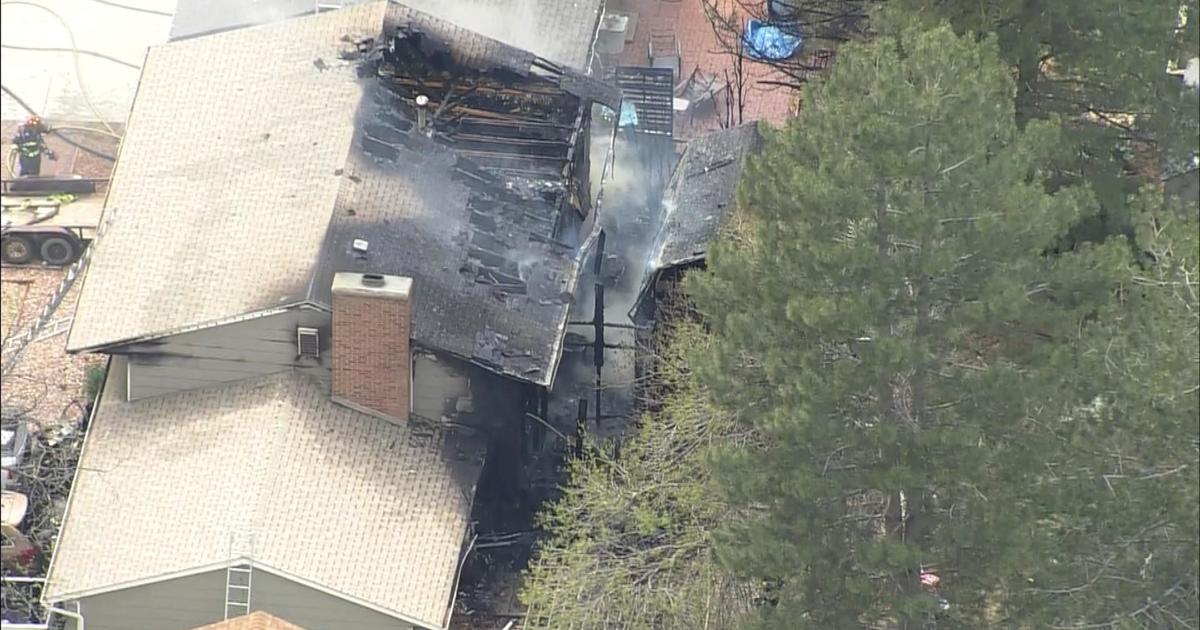Hotchkiss Water Contamination Prompts Warnings
HOTCHKISS, Colo. (AP) - Residents in Hotchkiss are being told not to drink the tap water for the next six months because of contamination.
The (Grand Junction) Sentinel reports (http://goo.gl/W86v2 ) that town officials told domestic-water customers in an Aug. 16 notice that testing of the town's Horse Park Water Treatment Plant showed elevated levels of haloacetic acids.
The notice advised residents that some people who drink water containing haloacetic acids in excess of the maximum contaminant level for a long period run an increased risk of cancer. The acids are a byproduct of drinking water disinfection.
The newspaper reported that businesses in the Delta County town of about 1,000 people are taking the warning in stride, offering bottled water to customers and boiling water for coffee and other cooking needs.
"This is a small town," said Lori Ward, a server at Home Town Cafe. "We find ways to work around it and don't worry about things we can't control."
At the 24-room Hotchkiss Inn, 406 Colorado 133, guests are being advised not to drink from the faucet and to avoid swallowing water in the shower. Owner Andy Bartol said the motel is purchasing bottled water from the grocery store for drinking water.
The water notice advised people to consider an alternative supply of drinking water, such as bottled water, and notes people with specific concerns should consult a physician.
Residents can safely bathe and cook with the town's domestic water, the Colorado Department of Public Health and Environment said.
The maximum contaminant level of haloacetic acids considered safe for drinking is 60 parts per billion, and the annual running average level of haloacetic acids over the past year, based on tests every quarter, was 61 parts per billion, according to the town's notice.
Haloacetic acids refer to a group of chemicals formed by the reaction of chlorine or other disinfectants.
The Environmental Protection Agency regulates haloacetic acids at 60 parts per billion on an annual average. Test results were recorded for the second quarter of 2011 and were passed along to the state in July, which then ordered the town to issue the notice.
What caused the haloacetic acid levels to exceed the maximum wasn't immediately known.
(Copyright 2011 by The Associated Press. All Rights Reserved.)



